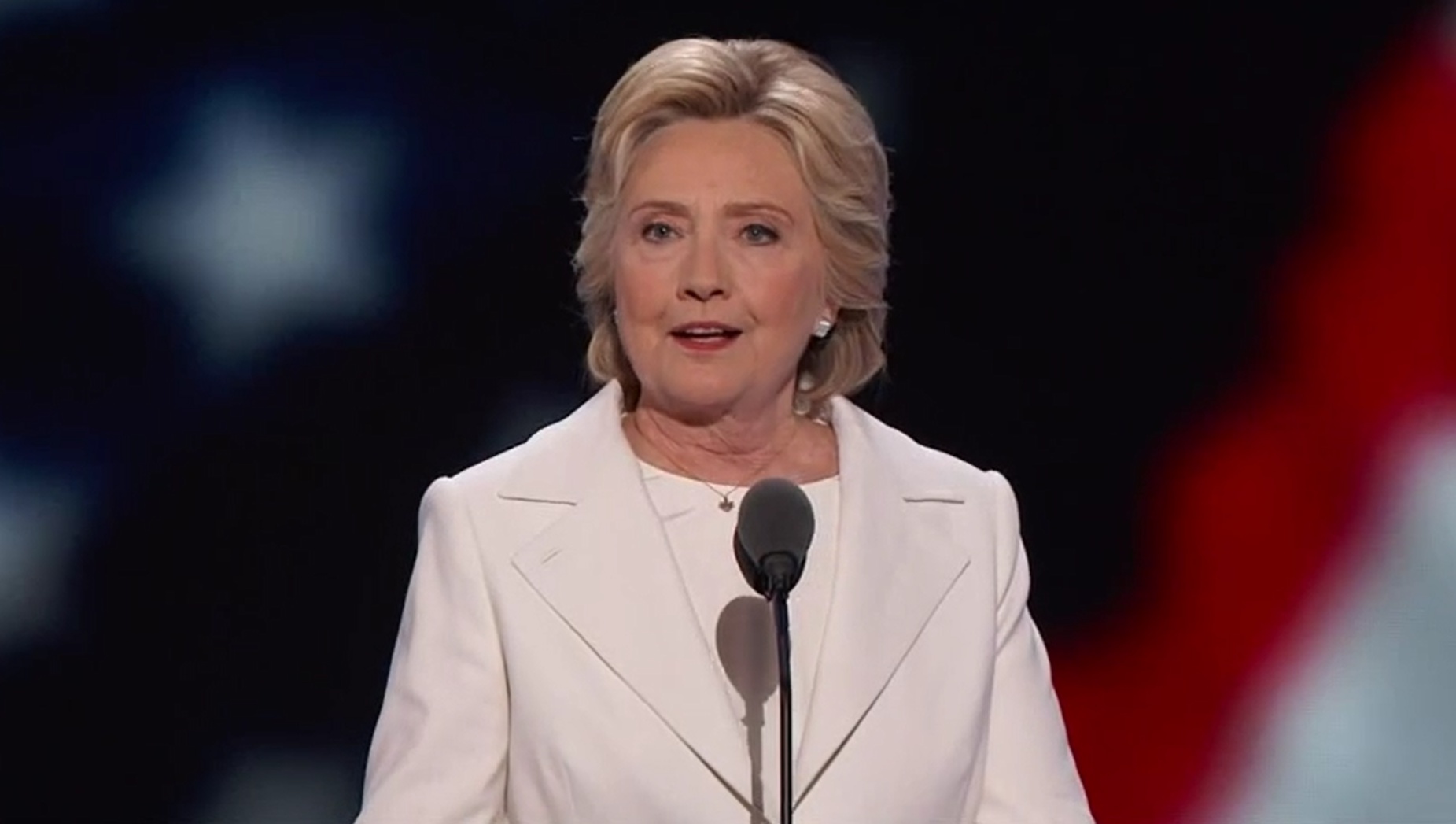For the past two days, I put this question specifically to delegates and staffers, to the people who ought to know: “What, at core, is the Democratic message coming out of this convention?” […] Delegates I spoke to paused, backed up, rephrased. In each case, they settled on general virtues: justice, inclusion, progress, the idea that the party was not so much associated with a particular program but with goodness itself, with a progressive sensibility that will, on the whole, produce virtuous outcomes. […]
This sense was reflected on the stage, as speaker after speaker appealed not so much to an agenda as an identity: a vision of competence and decency to be trusted with the management of the United States. It is what animated the speeches of Leon Panetta, Michael Bloomberg, Joe Biden, and Elizabeth Warren: figures who represent wildly different visions of American life, but who each asserted that Clinton and the Democratic Party were fighting for the good, whatever that meant to them. “I love Bill Clinton. But I didn’t love his speech Tuesday night in Philadelphia,” wrote Peter Bienart in The Atlantic. “It failed to do what he’s done in every convention speech he’s delivered since 1992: tell a story about where America is today and what can be done to move it forward. He called his wife a great ‘change maker’ but did not define the change America needs right now.”
This ambiguity carried through even to President Barack Obama, in a speech that was criticized, even by some of his and Clinton’s most ardent supporters, for its failure to hew to a concise thesis or vision. “He roamed around, hat-tipping Black Lives Matter and Clinton’s hard work,” delivering “a Bill Clinton-esque performance, meandering around his own record, taking random digs at Donald Trump, and hitting applause lines (YES WE CAN) almost at random,” Salon’s Amanda Marcotte wrote. Rather than a program or a call to action, it was a general paean to democracy and the American spirit, an attempt to align a vote for Hillary Clinton with goodness.
